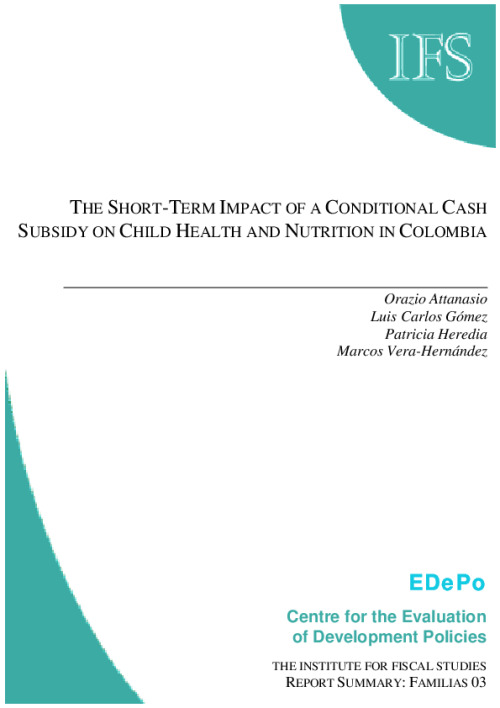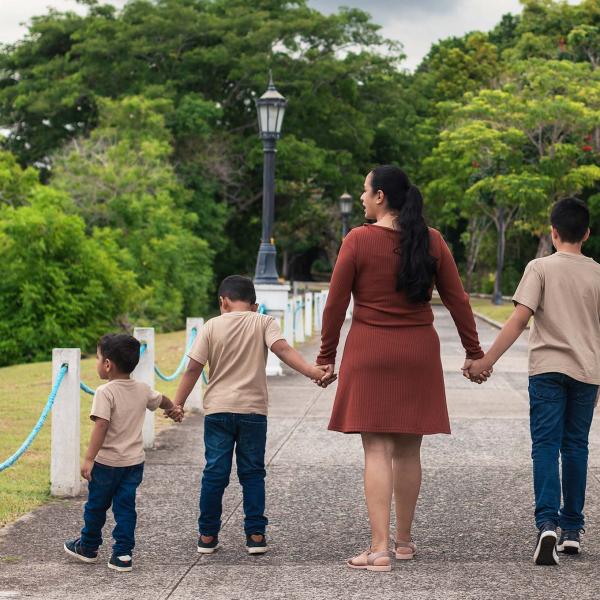Conditional cash transfer (CCT) programmes are becoming an extremely popular policy for improving the education and health outcomes of poor children in developing countries. CCT programmes aim to increase human capital investment among poor households in order to break the intergenerational transmission of poverty. Countries in which they are being implemented under the support of the World Bank and other international financial institutions include Mexico, Honduras, Nicaragua, Brazil, Turkey and Mozambique. While the implementation details vary from country to country, many of the programmes are modelled on the Mexican PROGRESA. In the typical CCT, mothers receive cash transfers if their school-age children attend school and preventive healthcare visits. The targeting of children's health and education is the essence of the long-term poverty alleviation objective of CCT programmes. Such transfer programmes are also aimed at the short-term reduction of poverty, through the provision of immediate funds to indigent households.
In this report, we will focus on the programme Familias en Acción (FA), the large-scale CCT implemented by the Colombian government since 2001-2. In particular, we will provide estimates of how the programme has influenced nutrition and health-related indicators for children in the short term, roughly one year after its implementation. See Attanasio, Fitzsimons and Gómez (2005) and Attanasio and Mesnard (2005) for summaries of how the programme influenced education and consumption indicators.












